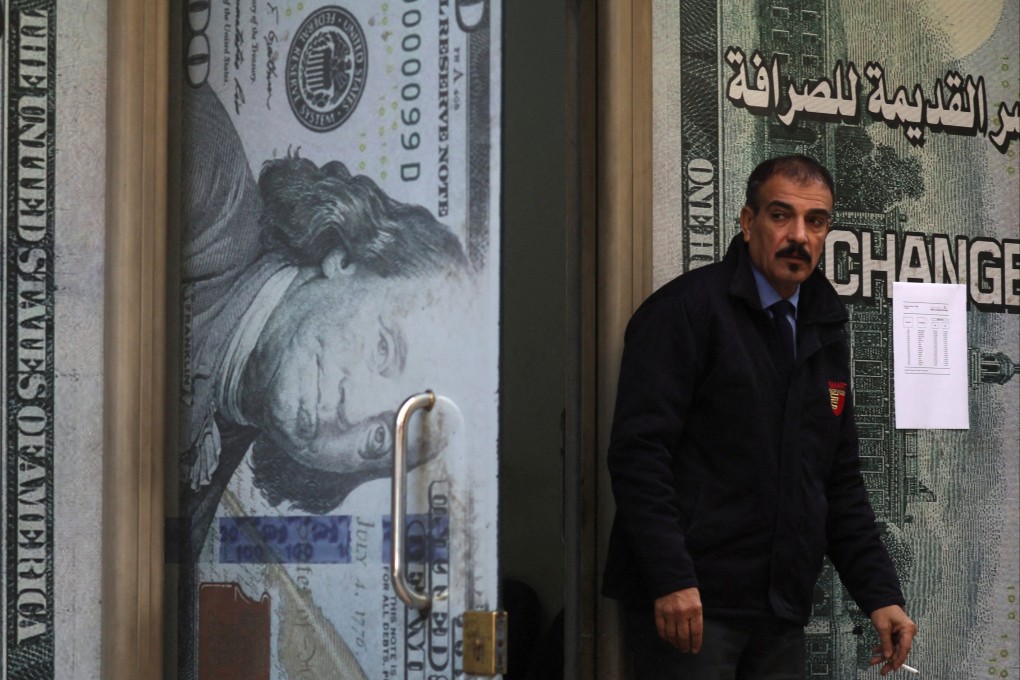Advertisement
Opinion | How Brics can push de-dollarisation and avert a global dollar disaster
- Amid rising dollar risks, Brics states should integrate their currency and bond markets, and tax dollar transactions to promote local currency use
- An effective de-dollarisation would rein in America’s free-spending ways and could save the world from the catastrophe of a dollar collapse
Reading Time:4 minutes
Why you can trust SCMP
21

As the de-dollarisation movement grows, Brics-plus countries can help it along by working to integrate their currency and fixed-income markets. Such integration would lead to better liquidity and a more efficient price discovery process. Easier access to local bond markets would also offer a more convenient way to store trade surpluses.
Advertisement
To aid the process, the Brics-plus states – Brazil, Russia, India, China, South Africa and six others set to become full members – should impose a Tobin tax on foreign exchange conversions that involve any currency of nations in the Global North. Such a tax, proposed by Nobel-Prize-winning economist James Tobin in the 1970s, is meant to discourage short-term currency speculation.
The US dollar dominates the global economy. It accounts for 90 per cent of currency market transactions, 59 per cent of foreign exchange reserves and half of global trade. A dominant currency is the natural outcome of market efficiency. If the 11 Brics-plus countries settled trade entirely in their local currencies, it would require 55 pair trades. If they settled in dollars, it would require just 10.
The efficiency of a dominant currency results in much better liquidity in its currency market, reinforcing its advantage. And the dollar has the added advantage of a deep bond market, where trade surpluses can be easily parked. For the global economy, dollar dominance is an efficient outcome.
But de-dollarisation has become a thing, for two reasons. First, the United States has resorted to financial sanctions to weaken and defeat its perceived enemies. Its measures include kicking countries off the Swift financial messaging system and freezing their foreign exchange assets. And then there are the secondary sanctions on countries that do business with US sanction targets.
Advertisement
The weaponisation of dollar supremacy has put most Global South countries in jeopardy. For them, the US is no longer the dominant source of trade and investment, and being beholden to America’s geopolitical interests harms their economic interests.

Advertisement
